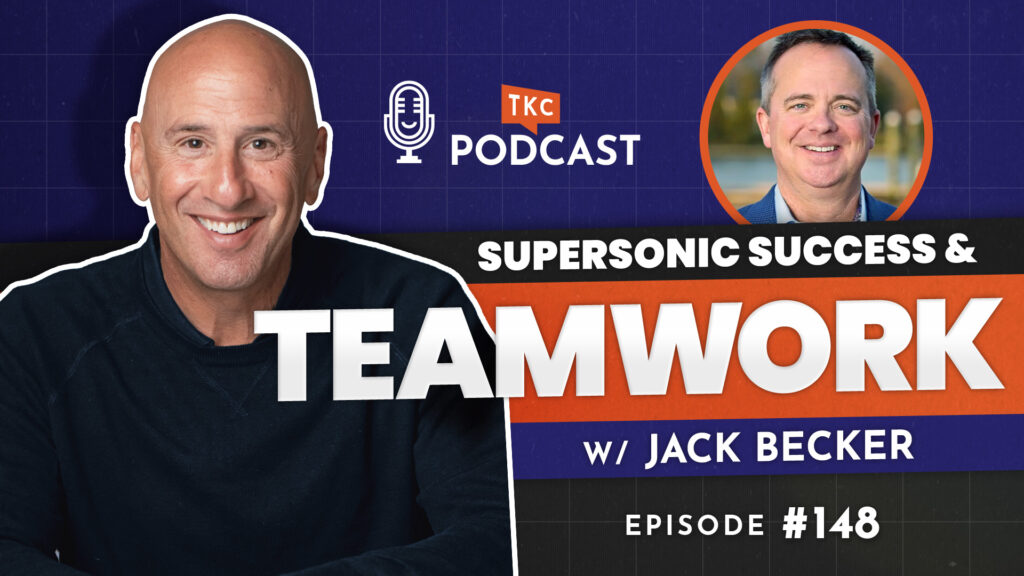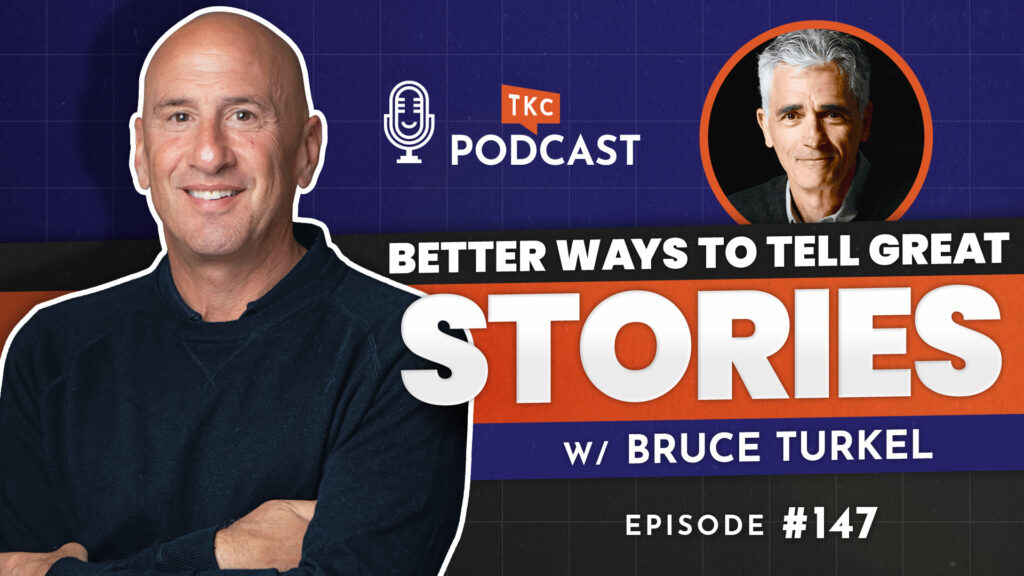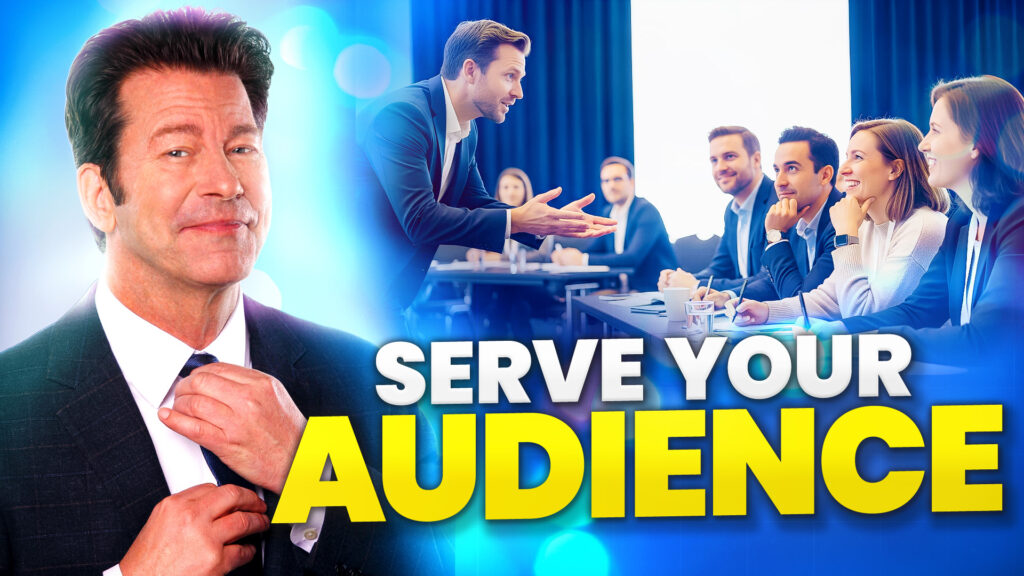- The Keynote Curators - Top Speaker Agency in North America
The Harlem Globetrotters, an American exhibition basketball team, were founded in 1926 by Abe Saperstein in Chicago, Illinois. Originally known as the Savoy Big Five, the team adopted the Harlem Globetrotters name to emphasize their African American heritage. They gained fame for their unique blend of athleticism, comedy, and theater, showcasing impressive basketball skills and entertaining performances.
In their early years, the Globetrotters broke racial barriers by playing against all-white teams during a time of segregation in the United States. Their skill and showmanship earned them international acclaim, and they became goodwill ambassadors, promoting sportsmanship and cultural understanding across the globe.
Throughout the 1940s and 1950s, the Globetrotters played competitive basketball against professional teams, even defeating the Minneapolis Lakers, champions of the National Basketball Association (NBA), in 1948 and 1949. Their success helped pave the way for the integration of the NBA.
The Globetrotters continued to innovate, incorporating more comedic elements and theatrical flair into their performances. They introduced iconic moves such as the “Magic Circle,” ball handling tricks, and their signature “weave” offense, captivating audiences of all ages.
Over the decades, the team expanded its reach, performing in over 123 countries and entertaining more than 148 million fans worldwide. They became cultural icons, appearing in movies, television shows, and cartoons, further solidifying their place in popular culture.
The Harlem Globetrotters have also been committed to philanthropy and community engagement. They have visited schools, hospitals, and military bases, spreading messages of positivity, education, and social justice.
As of today, the Globetrotters continue to tour the world, inspiring new generations with their exceptional basketball skills and entertaining shows. Their legacy endures as a testament to their contributions to sports, entertainment, and global goodwill.

Learn how to calm digital anxiety with proven analog strategies from former White House CIO Theresa Payton that can help you restore your human connections.
Read More
Navy fighter pilot Jack Becker reveals how elite teams catch errors fast, protect blind spots, and perform under pressure using proven teamwork strategies.
Read More
Human rights keynote speakers who turn ideals into everyday actions—discover voices bringing dignity, belonging, and courage to your stages.
Read More
Learn from Hall of Fame speaker Bruce Turkel how story transforms events from forgettable content into experiences attendees quote months later.
Read More
Design your New Year with intention using proven strategies from top thought leaders & transform your 2026 events from calendar fillers into meaningful moments.
Read More
Learn from emcee Scott Bloom how shifting your attention from yourself to your audience creates transformative speaking experiences that drive real engagement.
Read More